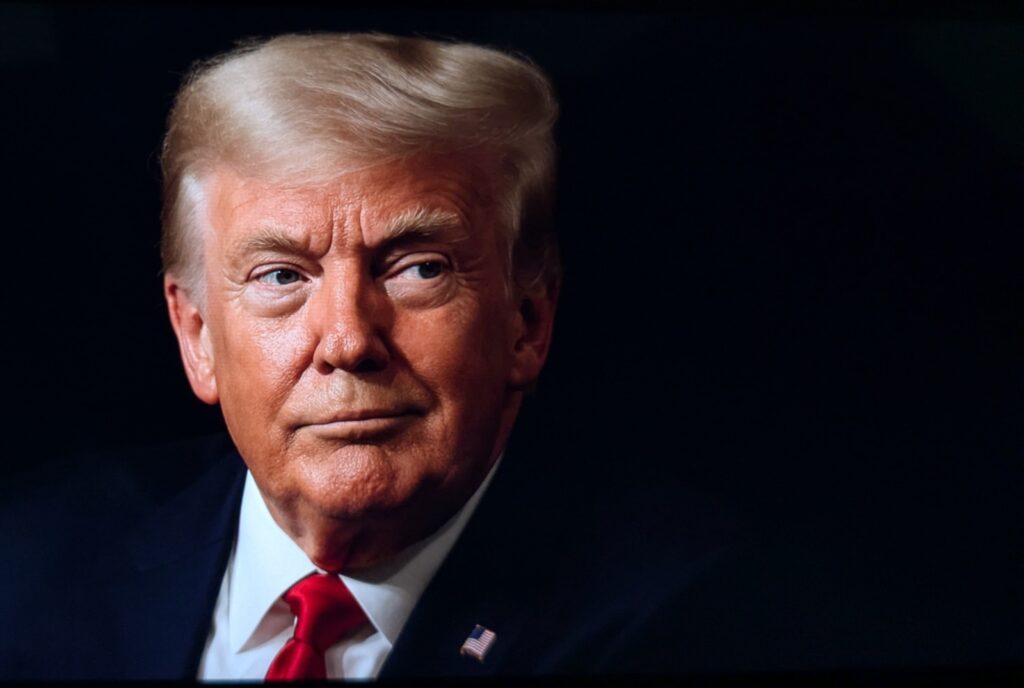US President Donald Trump has announced a sweeping set of new tariffs. From October 1, branded and patented medicines imported into the United States will face a 100 percent duty unless companies run production plants on American soil.
Washington will also impose a 25 percent tariff on heavy-duty trucks and a 50 percent levy on kitchen and bathroom cabinets. Trump unveiled the measures on Thursday, describing them as vital to safeguard American manufacturing.
He said on Truth Social that a “flood” of imported goods left the US with no choice. He insisted the tariffs would shield domestic producers from damaging competition.
The move came despite repeated warnings from US businesses urging the White House not to pursue further duties.
Pharmaceutical industry weighs consequences
Neil Shearing, chief economist at Capital Economics, said the new measures were not as sweeping as they looked. He explained that generic drugs are exempt, and firms building factories in the US will avoid penalties.
Shearing stressed that many of the world’s largest drugmakers already operate in the United States or have committed to new plants.
Ireland’s Trade Minister Simon Harris pointed to the August 21 deal between Washington and Brussels. He said the agreement capped US tariffs on European pharmaceutical exports at 15 percent.
According to United Nations data, Britain exported over six billion dollars’ worth of medicines to the US last year.
In June, Washington and London signed a trade deal pledging “preferential treatment outcomes on pharmaceuticals.”
A UK government spokesperson admitted the new tariffs were concerning. The spokesperson said Britain would continue engaging closely with US counterparts.
British drug companies expand in America
GlaxoSmithKline already runs facilities in the United States. Last week, the company announced 30 billion dollars of investment in US research and manufacturing over five years.
AstraZeneca also operates plants in the country. In July, it pledged to invest 50 billion dollars by 2030.
William Bain, head of trade policy at the British Chambers of Commerce, said such commitments should shield UK companies from new tariffs. He underlined the significant scale of advanced manufacturing projects already underway.
Several pharmaceutical firms recently withdrew investment from Britain, blaming a weak business environment.
Jane Sydenham, investment director at Rathbones, said Trump’s policies were a decisive factor. She argued that uncertainty created by tariffs outweighed concerns about Britain’s economic performance.
New tariffs hit trucks and furniture
Trump said the 25 percent duty on heavy-duty trucks would protect US producers from unfair foreign competition. He added that the tariffs would directly benefit American manufacturers such as Peterbilt and Mack Trucks.
He also announced levies on kitchen and bathroom cabinets and on other imported furniture. He said imports at high levels had badly damaged domestic businesses.
Starting next week, upholstered furniture will face a 30 percent tariff.
Swedish retailer Ikea said the new measures complicate business conditions. The company confirmed it is watching developments closely.
Tariffs remain core to Trump’s economic agenda
Tariffs continue to define Trump’s economic strategy in his second term. In August, sweeping levies on more than 90 countries took effect. The stated aim was to boost US jobs and strengthen manufacturing.
Earlier, Washington had imposed duties on steel, copper, aluminium, cars and vehicle parts.
The US Chamber of Commerce strongly opposed new tariffs this year. It said most truck parts are sourced from Mexico, Canada, Germany, Finland and Japan.
Mexico and Canada alone supplied more than half of America’s medium and heavy truck parts imports last year. The chamber said producing them domestically was unrealistic and would push costs up.
Experts warn of higher prices ahead
Trade analyst Deborah Elms from the Hinrich Foundation said the new tariffs benefit American producers but are “terrible” for consumers. She warned that costs would inevitably rise.
She explained that the measures cover more goods and impose higher rates than Trump’s earlier reciprocal tariffs, which aimed at balancing trade.
Elms added that industry-specific duties could act as a fallback. They could guarantee revenue if broader tariffs on global partners are struck down in court.

